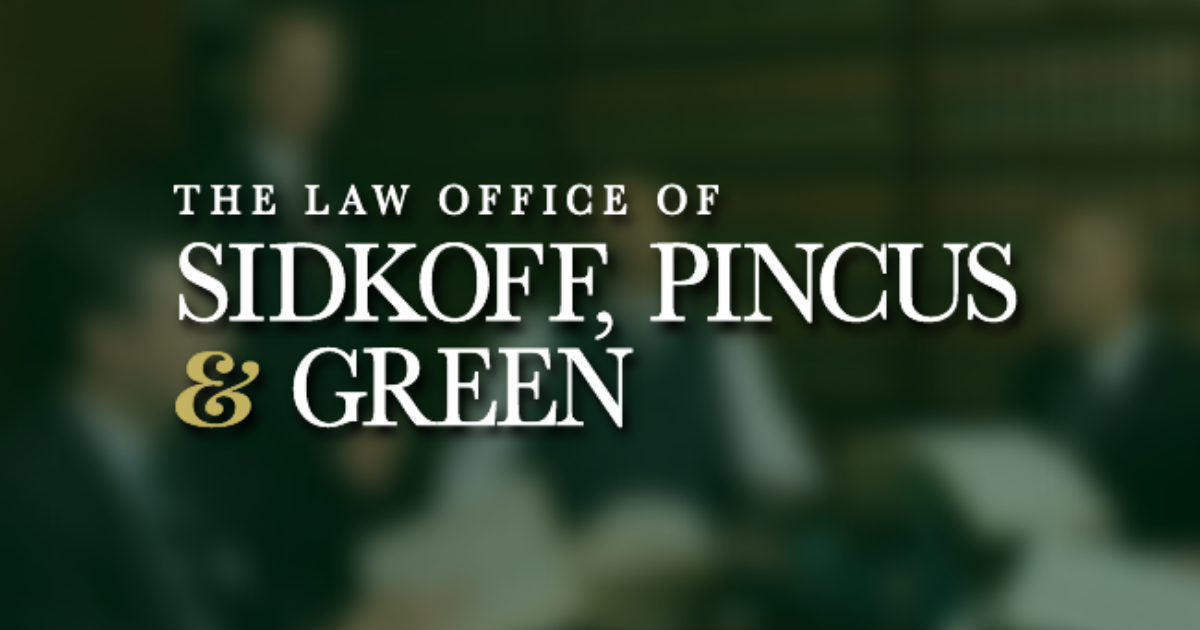NLRB Addresses Issues Regarding Mandatory Arbitration Agreements

In the case of Epic Systems Corp. v. Lewis, the Supreme Court upheld the validity of employment contracts that prevent employees from pursuing collective litigation against their employer. Following this ruling, the National Labor Relations Board (NLRB) issued several decisions that addressed arbitration agreements containing class and collective action waivers. According to the NLRB, these agreements are unenforceable. The NLRB’s recent decisions include new parameters for these arbitration agreements.
In August 2019, the NLRB issued its Supplemental Decision, Order, and Notice to Show Cause in the case of Cordua Restaurants, Inc. and Steven Ramirez and Rogelio Morales and Shearone Lewis, 368 NLRB No. 43 (2019). The case resolves important issues related to Epic Systems v. Lewis.
NLRB Holdings
- Holding One: The National Labor Relations Act (NLRA) does not prohibit employers from promulgating mandatory arbitration agreements involving employees who intend to pursue collective action under the Fair Labor Standards Act (FLSA). According to the NLRB, Section 7 of the NLRA protects an employee’s right to participate in class actions and other protected concerted activities.
- Holding Two: The NLRA does not prohibit employers from notifying employees that they will be terminated if they fail to sign a mandatory arbitration agreement. An assistant manager notified employees that they would be removed from the schedule if they did not sign an arbitration agreement. Employees claimed that this violated the NLRA. However, the NLRB found that the manager’s statements were an explanation of the lawful consequence of refusing to sign the agreement.
- Holding Three: Employers may not take retaliatory action against employees for filing a class action lawsuit. A Cordua employee who filed a collective action against his employer argued that the employer violated the NLRA by terminating his employment because he discussed wage issues with fellow employees and filed an FLSA collective action for wage and overtime violations. The NLRB ruled in favor of the employee, stating the decision is consistent with the board’s long-standing precedent.
The NLRB’s decisions have a significant impact on employers because it makes it clear that they may not take adverse action against employees for discussing wage issues, requesting personal records for the purpose of confirming that the employer is in compliance with obligations, or engaging in protected activity, including filing legal claims against an employer.
Philadelphia Business Litigation Lawyers at Sidkoff, Pincus & Green P.C. Counsel Clients on All Types of Arbitration Matters
The Philadelphia business litigation lawyers at Sidkoff, Pincus & Green P.C. have a track record of reaching successful settlements involving arbitration agreements. Protecting our clients’ legal rights is our top priority. To schedule a confidential consultation, call us today at 215-574-0600 or contact us online. Located in Philadelphia, we serve clients throughout Pennsylvania and New Jersey.















